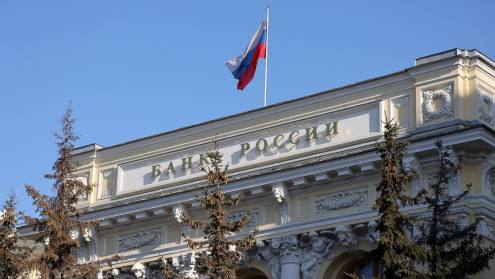The smallest and poorest of the states that constituted the former Federal Republic of Yugoslavia, landlocked Macedonia is blessed with mountains but also encumbered with political and economic hills to climb. Despite its considerable problems – corruption, unemployment and a large shadow economy – the country is taking steps toward stability and integration with the wider EU some time after 2008.
Most of its problems were acquired after the break up of Yugoslavia in the 1990s. Previously locked into the larger Yugoslav economy, Macedonia was marginalised both by the wars that rocked the Balkans between 1992 and 2000, and by its small size, restricted access to neighbours and ethnic tensions. At the beginning of the decade, scenes of violence were broadcast across the world as parts of the Albanian population protested against perceived discrimination by the non-Albanian majority.











